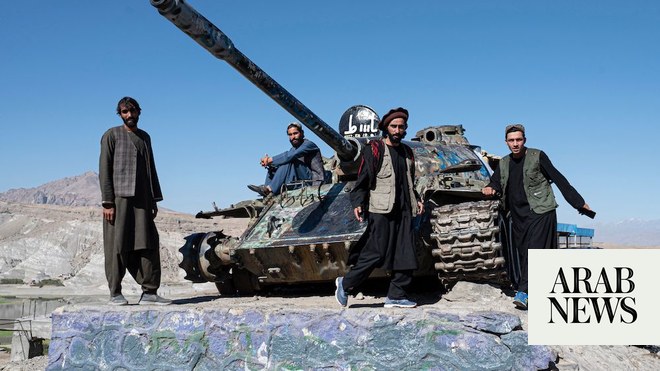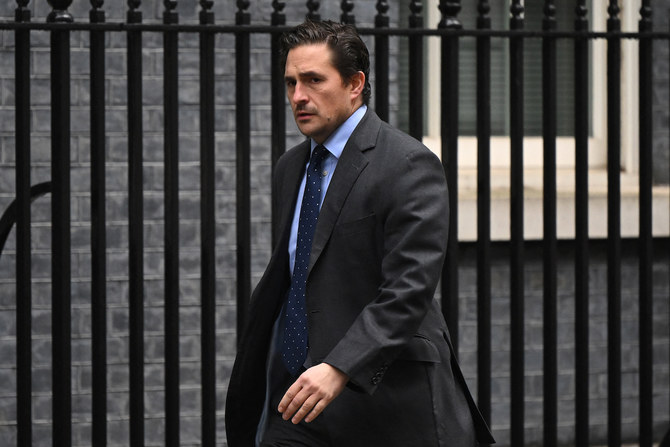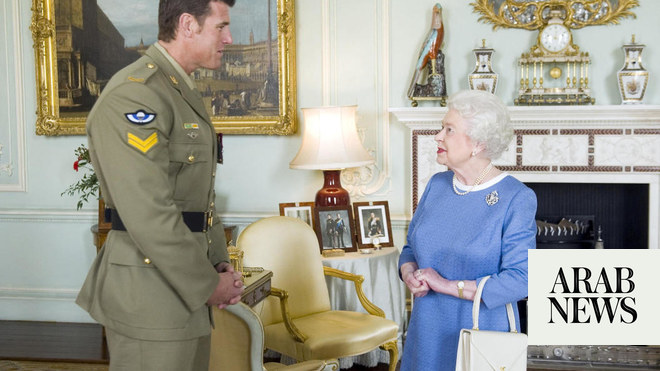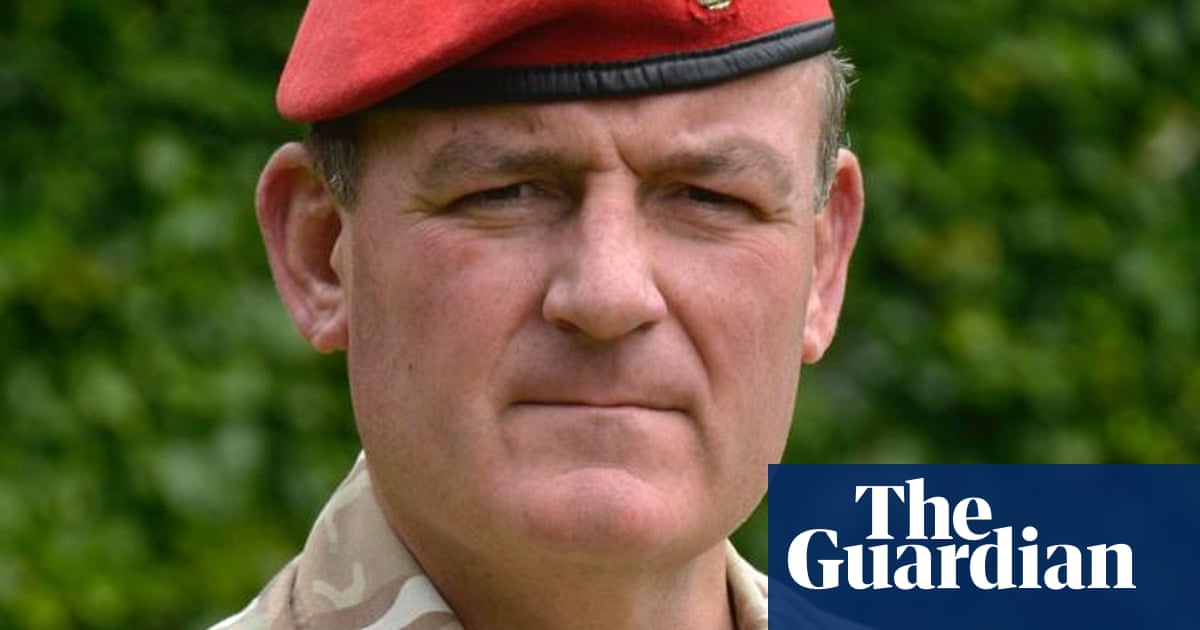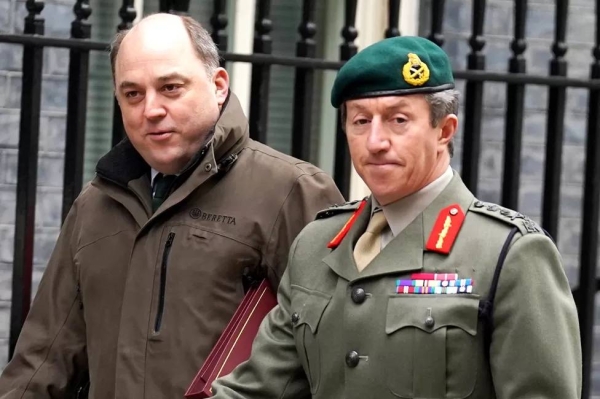
One of the UK"s most senior generals was warned in writing in 2011 that SAS soldiers were claiming to have executed handcuffed detainees in Afghanistan.
BBC Panorama can reveal that Gen Gwyn Jenkins, who is now the second most senior officer in the British armed forces, received accounts of conversations in which members of the SAS described extrajudicial killings.
But instead of referring the evidence to military police, Gen Jenkins placed it in a classified dossier and locked it in a safe.
The failure to refer the evidence to military police has previously been disclosed in court, but the identities of the officers involved were withheld from the public by the Ministry of Defence.
Gen Jenkins — who was at the time a colonel in the senior ranks of special forces — created the classified dossier in April 2011 after first briefing his direct superior, then-head of special forces Gen Jonathan Page, on the nature of the evidence.
Under British law, commanding officers are legally obliged to inform the military police if they are made aware of any evidence that a war crime may have been committed.
But the dossier containing the testimony remained locked in the safe for four years, known only to a handful of officers, as Gen Jenkins rose through the ranks of the armed forces, until a separate special forces whistleblower informed the Royal Military Police of its existence.
The same month that Gen Jenkins created the classified dossier, he became head of all United Kingdom Special Forces in Afghanistan. He would go on to become the director of UK Special Forces and then vice chief of the defence staff, the second most senior position in the military — a promotion that saw him jump from a two-star to a four-star general.
Allegations of extrajudicial killings by British special forces in Afghanistan are currently the subject of a judge-led public inquiry at the Royal Courts of Justice, following reporting by the BBC and others into night raids conducted by the SAS.
Last year, Panorama revealed that one SAS squadron had killed 54 people in suspicious circumstances in one six-month tour that ended in May 2011.
In March 2011, Gen Jenkins was the commanding officer of the Special Boat Service (SBS), the naval equivalent of the SAS, making him one of the most senior officers in UK Special Forces.
That month, an officer under his command reported a conversation in which a member of the SAS had allegedly confessed to him that units from the elite army regiment were unlawfully killing unarmed people and detainees during aggressive, fast-moving night raids.
Gen Jenkins instructed the officer to write a formal statement. In it, the officer wrote that the SAS soldier had told him that SAS units were killing all fighting-age males during night raids, regardless of whether they posed a threat.
Fighting-age males were defined by the special forces teams as anyone believed to be 15 years or over.
"In one case it was mentioned a pillow was put over the head of an individual being killed with a pistol," the SBS officer wrote.
The officer also wrote that the SAS soldier implied that weapons were planted on or near the bodies of unarmed Afghans killed in the raids and then photographed in order to justify the killings — a tactic known in the military as using "drop weapons".
After reading the officer"s statement, Gen Jenkins wrote directly to his superior, General Jonathan Page, then the director of UK Special Forces.
Under the subject line, "ALLEGATIONS OF EJK BY [UKSF]" — in which EJK stands for "extrajudicial killings" — Gen Jenkins wrote that he had been aware "for some time" of rumours that the SAS was "conducting summary executions of supposed Taliban affiliates".
"However, I have now been given more information of a nature which makes me seriously concerned for the reputation of [UK Special Forces]," he wrote.
Gen Jenkins warned Gen Page that there appeared to be "an unofficial policy" among SAS squadrons to kill any fighting-age Afghan male during a raid, "regardless of the immediate threat they pose to our troops".
He wrote: "In some instances this has involved the deliberate killing of individuals after they have been restrained by [the SAS] and the subsequent fabrication of evidence to suggest a lawful killing in self-defence."
Gen Jenkins concluded that he felt "most strongly that thorough investigation is warranted".
Two days later, Gen Page"s assistant chief of staff sent Gen Page a classified memo that reiterated Gen Jenkins" concerns, writing that several whistleblowers within the SBS had reported hearing similar accounts from members of the SAS, and that Gen Jenkins thought the whistleblowers" testimony was credible.
"My instinct is that this merits deeper investigation, hopefully to put minds at rest... or at worst to put a stop to criminal behaviour," the assistant chief of staff wrote.
The day after he wrote to Gen Page detailing his concerns, Gen Jenkins set up what is known as a "controlled-access security compartment" — a classified file that limited access to the whistleblower testimony to a small number of officers within UK Special Forces.
The compartment was labelled: "Anecdotal evidence suggesting [extrajudicial killings] have been carried out by members of [the SAS] in Afghanistan".
Official UK Special Forces paperwork said the purpose of the compartment was to "provide an additional level of control over the handling and briefing of the more sensitive aspects of this matter".
It continued: "This is because dissemination of the information protected by this Compartment could cause severe damage to the reputation of [UKSF], could prejudice further investigation, and could disrupt current operations".
In evidence to the High Court in 2020, as part of a case brought by one of the Afghan families whose relatives were killed in a night raid, Col Robert Morris of the Royal Military Police said that the controlled access compartment created by Gen Jenkins had prevented the RMP from accessing the evidence for years.
Gen Page responded to Gen Jenkins" memo by commissioning a rare formal review of the tactics used by SAS units on night raids. A special forces officer was deployed to Afghanistan to interview personnel from the SAS squadron under scrutiny.
But the officer — an SAS major who had recently commanded a squadron in Afghanistan — appeared to take the squadron"s version of events at face value. The BBC understands that the officer did not visit any of the sites of the raids or interview any witnesses outside of the military, and his review was conducted in less than a week. Court documents show that his report was signed off by the commanding officer of the SAS unit responsible for the suspicious killings.
Following the appointment of Gen Jenkins as head of UK Special Forces in Afghanistan, in April 2011, the suspected executions of unarmed Afghan people continued. Back in London, senior special forces officers had begun to keep a tally of suspicious incidents. But at no point did anyone in special forces leadership, including Gen Jenkins and Gen Page, refer the matter to military police.
Under the Armed Forces Act 2006, commanding officers are legally obliged to inform the military police if they have any reason to suspect a war crime may have been carried out by their troops and can be prosecuted for failing to make a referral.
Gen Jenkins served for a year as the head of UK Special Forces in Afghanistan, before returning to the UK to join the government as military assistant to Prime Minister David Cameron, a role he held until 2014.
That year, the Royal Military Police embarked on an investigation that examined dozens of suspected extrajudicial killings by the SAS squadron on tour in the first half of 2011. The investigation was later closed with no charges brought — a decision that caused consternation among some members of the government and senior levels of the civil service.
Military police investigators have told the BBC that they were not allowed to conduct a thorough and independent probe into the SAS killings. The investigators said they were blocked from interviewing key witnesses and collecting forensic evidence and ordered to drop official suspects.
The Ministry of Defense told the BBC that it was fully committed to supporting the public inquiry it established in 2022, which is currently taking place at the Royal Courts of Justice, and that it would not be appropriate to comment on any allegations that may be within the inquiry"s scope. — BBC




